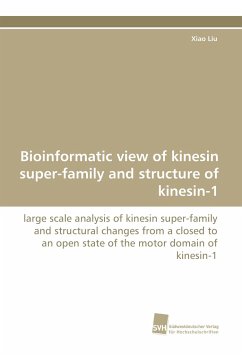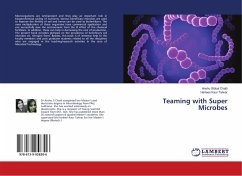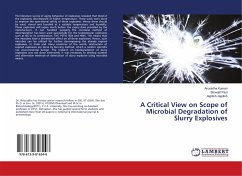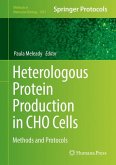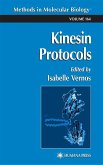Kinesins form a large microtubule-associated motor protein super-family that can be found in every eukaryotic genome sequenced so far. Not only is the translocation of a large number of organelles, protein complexes and mRNAs carried out by them, but also the formation of the meiotic spindle and mitotic spindle integrity are strongly dependent on the kinesins. To understand the kinesins, we have to answer many questions, such as how many sub-families are there in kinesin super-family; what is the commonesses and differences among kinesin sub-families; how to classify kinesins and determine the sequence and strutural factors that are responsible for functions. These are basic questions but not answerable until one gets enough data. Thanks for the new sequencing technology, there are more than 2000 kinesins available, which makes it possible to address these questions with bioinformatic methods now.
Bitte wählen Sie Ihr Anliegen aus.
Rechnungen
Retourenschein anfordern
Bestellstatus
Storno

